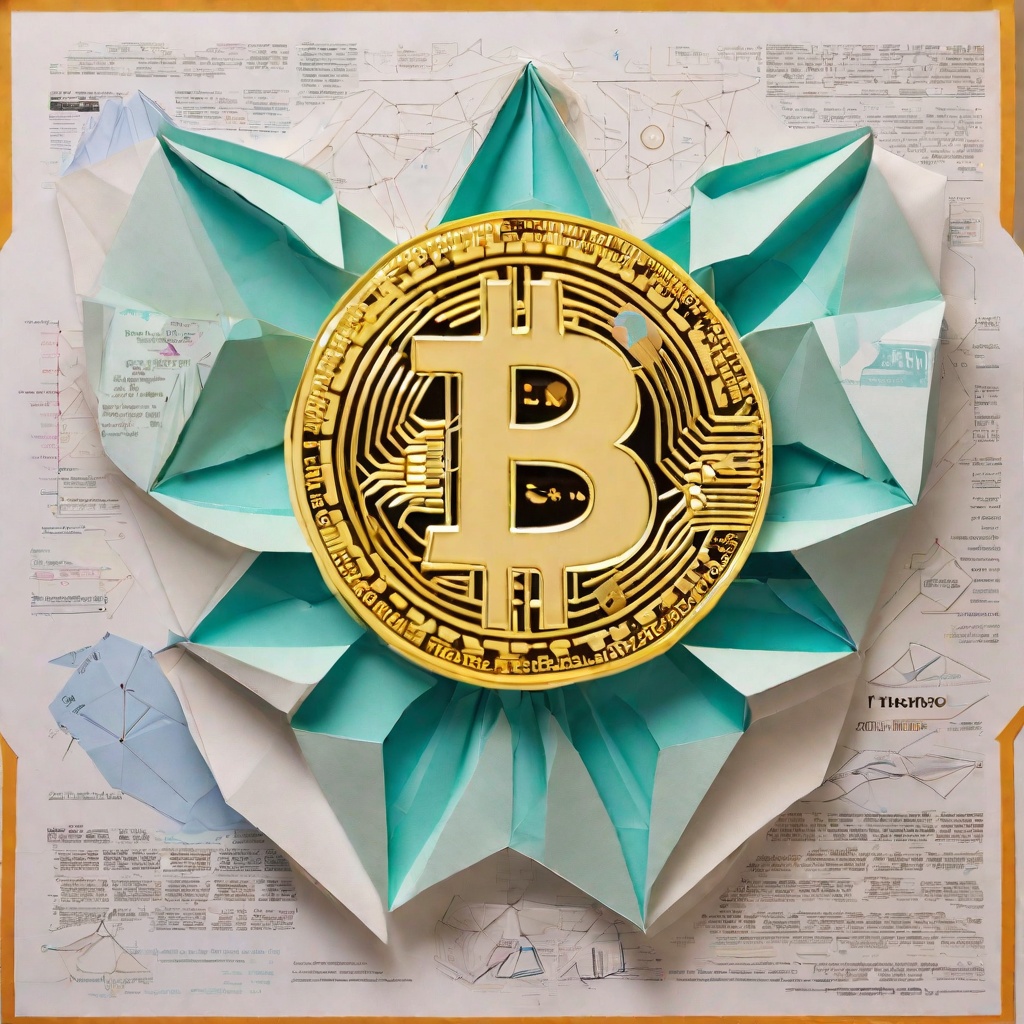What is an RWA coin?
RWA coins represent projects in the Real World Assets (RWA) sector of the cryptocurrency market. These coins are linked to the tokenization of traditional assets like real estate, stocks, bonds, commodities, and more, bringing them into the blockchain ecosystem. RWA coins aim to bridge the gap between crypto and traditional markets, offering investors access to a wider range of assets and enhancing liquidity.
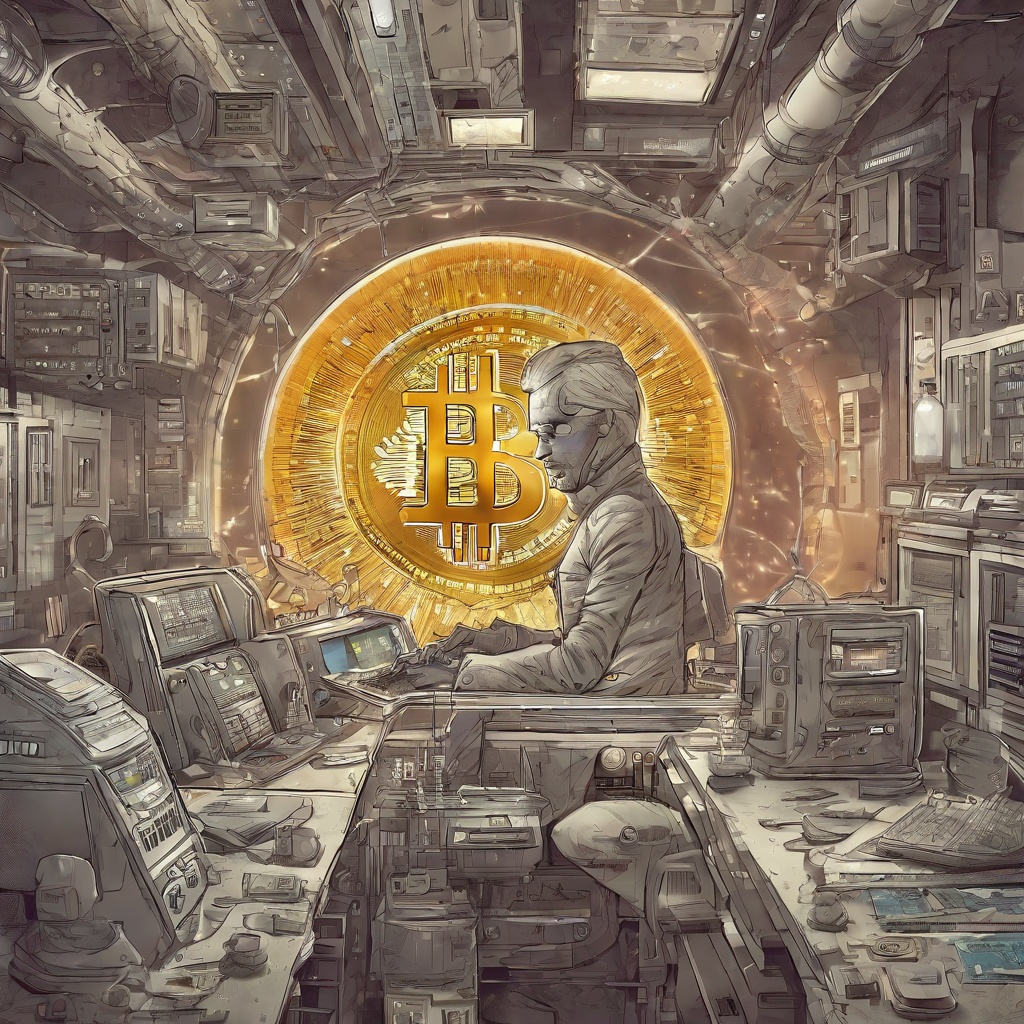
What is the RWA coin for 2024?
I'm wondering about the RWA coin, specifically in the context of 2024. What is it used for and what are its prospects in the coming year?
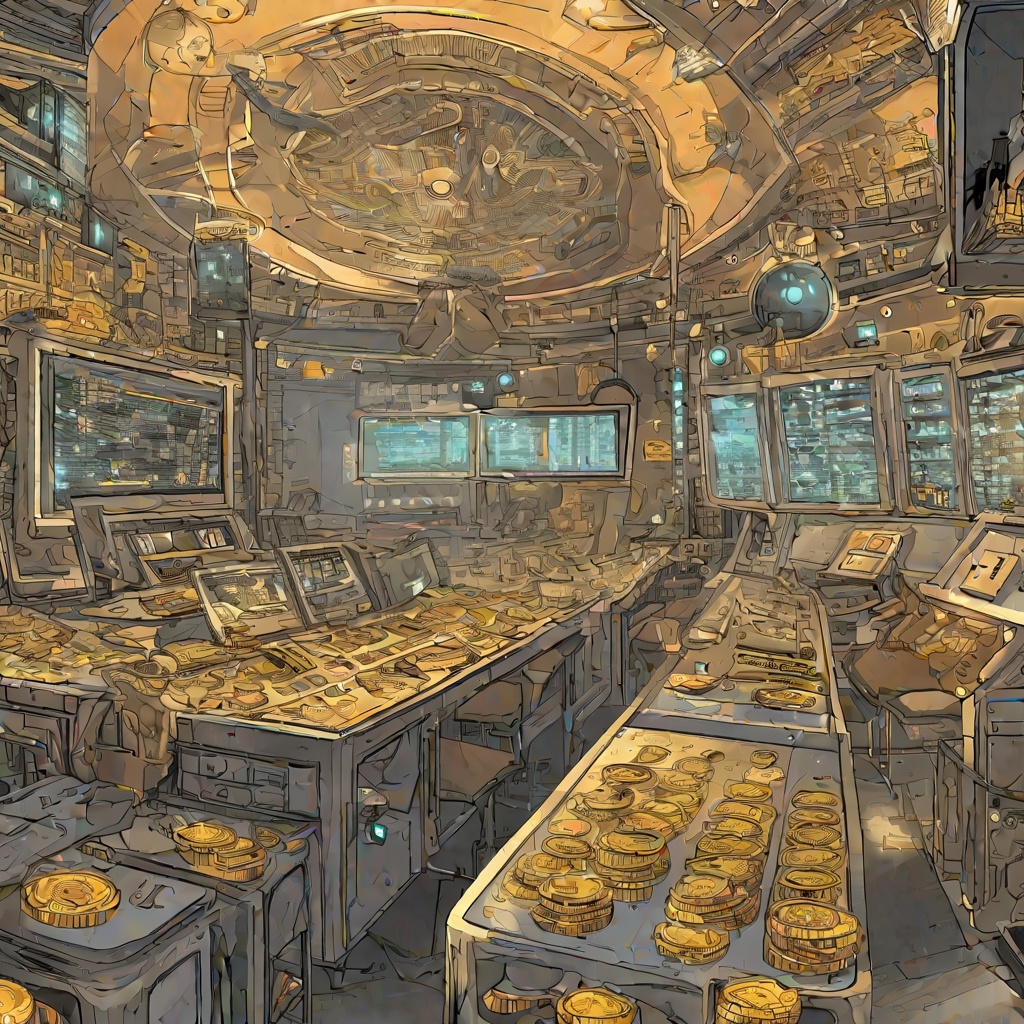
Is Algorand a Rwa coin?
Algorand is a blockchain protocol that focuses on linking the blockchain with the real world. It supports RWA projects and has a unique consensus mechanism. Algorand aims to solve issues such as scalability, security, and decentralization, making it a strong candidate for RWA applications.
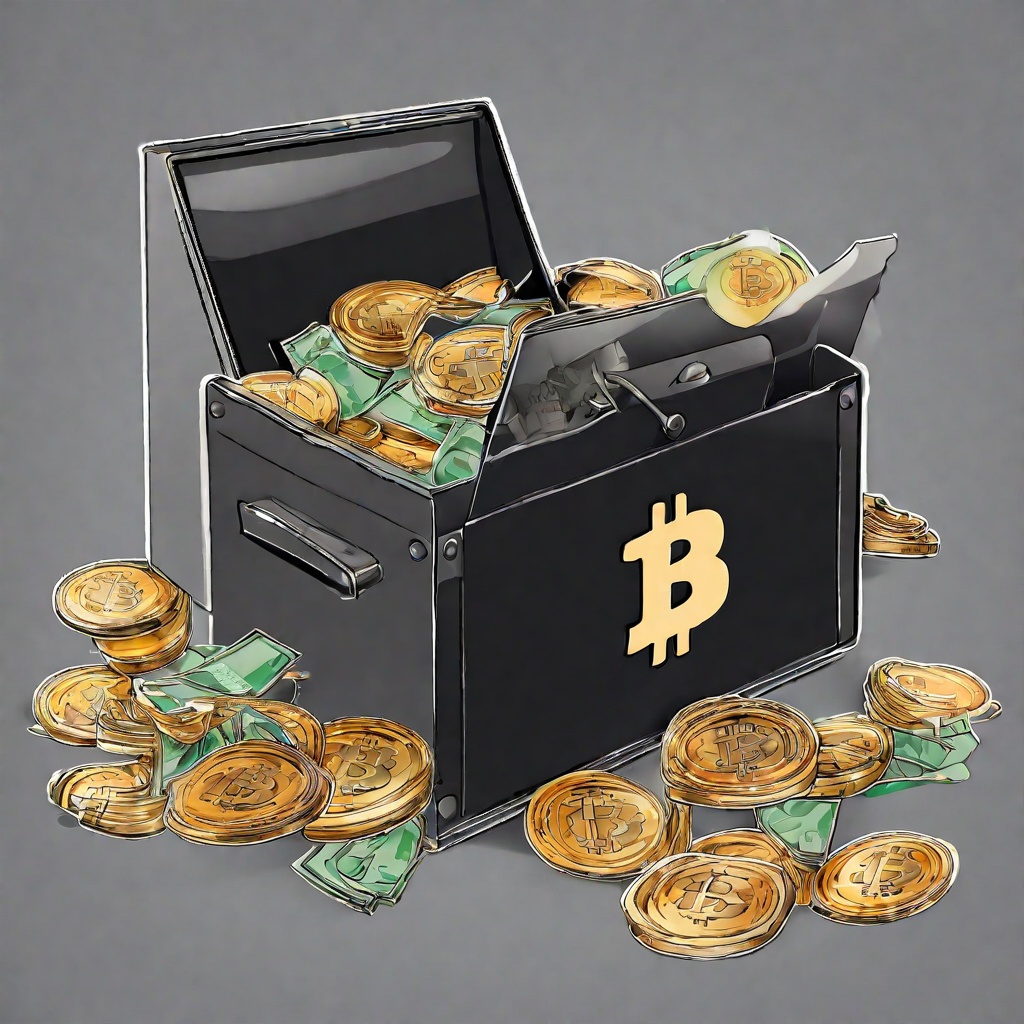
Is VeChain a Rwa coin?
Excuse me, could you please clarify for me if VeChain is indeed classified as a Real World Asset (RWA) coin? I've been hearing a lot about this term lately in the cryptocurrency space, and I'm trying to get a better understanding of how it applies to various digital assets. VeChain seems to have a strong focus on supply chain management and enterprise solutions, so I'm curious if its token falls under the RWA category. Could you elaborate on this, please?
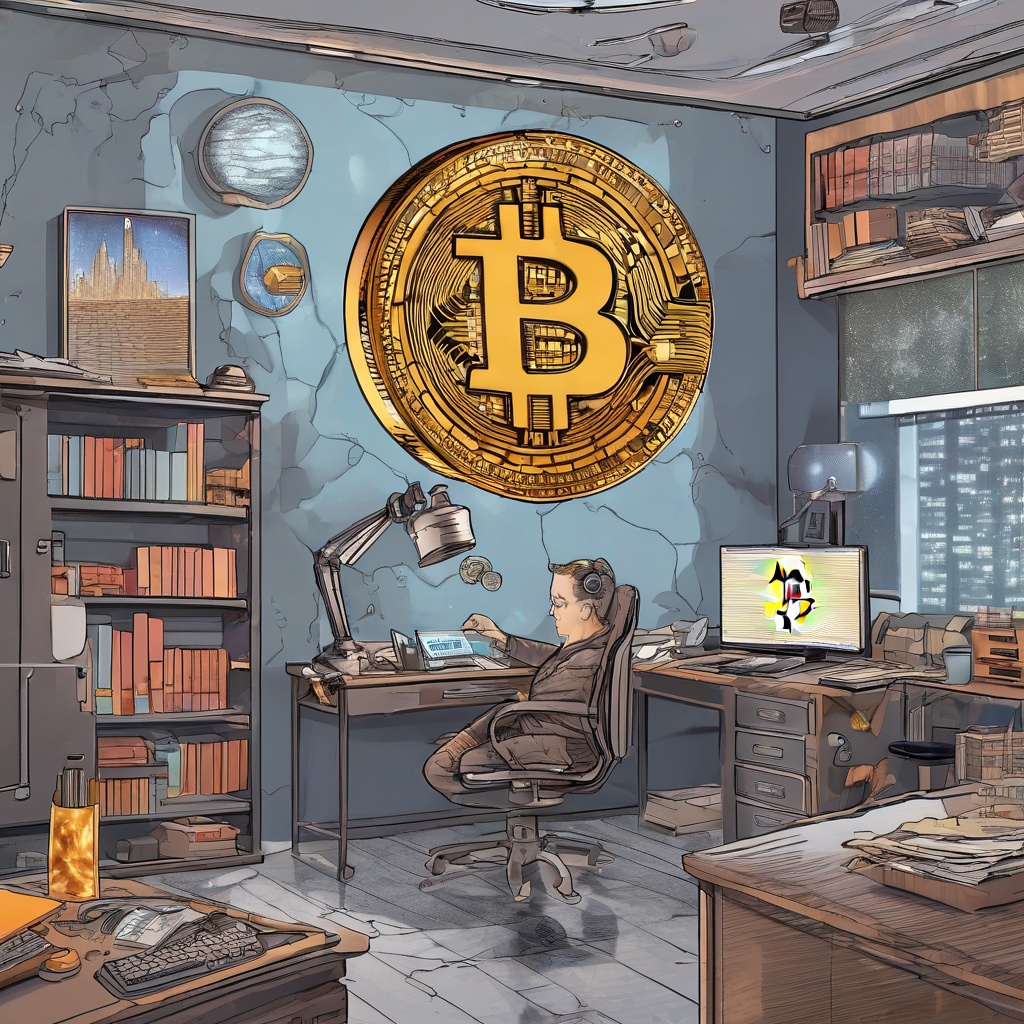
Is Chainlink a RWA Coin?
Could you please clarify for me if Chainlink is considered a Real World Asset (RWA) coin? I'm trying to understand the classification of this cryptocurrency and how it fits into the broader landscape of digital assets. Is Chainlink primarily focused on bridging the gap between blockchain and real-world data, or does it have other primary functions that would categorize it differently? I'm interested in hearing your thoughts on this matter.
